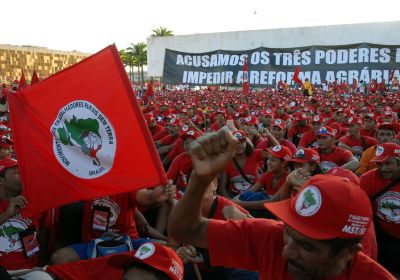
Industrial agriculture and financial sectors are hand-in-hand worsening climate change and then profiting from it, with an unprecedented number of land grabs over the last eight years, according to a report released in June.

Industrial agriculture and financial sectors are hand-in-hand worsening climate change and then profiting from it, with an unprecedented number of land grabs over the last eight years, according to a report released in June.
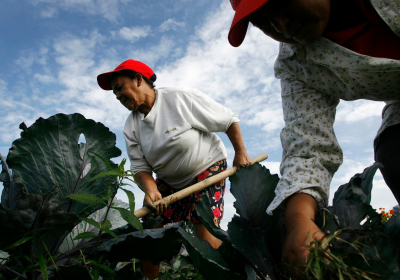
The United States media’s latest offensive against Venezuela’s socialist President Nicolas Maduro targets a new sustainability program that transplants urban workers to farmland. Some quarters of the mainstream media have equated it with slave labour.
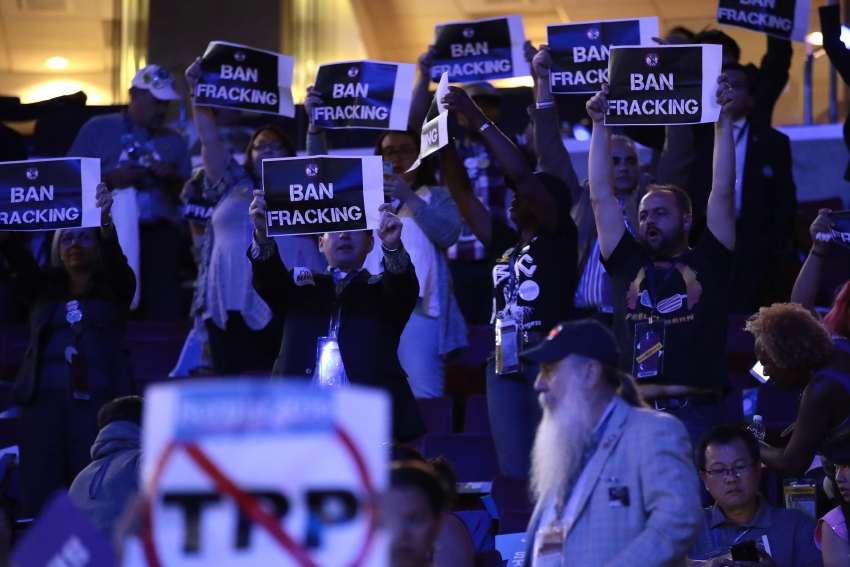 At the Democratic National Convention in Philadelphia this week, it seems a sticker is all it takes to keep you out of a room—at least the rooms brought to you by the fossil fuel industry.
At the Democratic National Convention in Philadelphia this week, it seems a sticker is all it takes to keep you out of a room—at least the rooms brought to you by the fossil fuel industry.
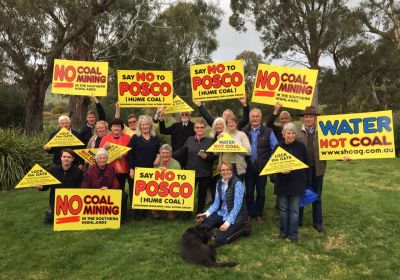
Hume Coal is about to lodge plans for a massive coalmine that, if approved, will be the first large scale coking coal mining operation in the Southern Highlands. The coal will be destined for POSCO's steel mills in South Korea. Hume Coal is fully owned by POSCO.
 Members of the Merida communal council distributing food. Photo by Tamara Pearson.
It's been three years now of food shortages, inflation, and queues in Venezuela, and the millions of people involved in community and movement organizing have been the most affected. But they've also defied right-wing and general expectations, and even perhaps the expectations of the Maduro government, and have become stronger and better organized as a result of the hardships.
Members of the Merida communal council distributing food. Photo by Tamara Pearson.
It's been three years now of food shortages, inflation, and queues in Venezuela, and the millions of people involved in community and movement organizing have been the most affected. But they've also defied right-wing and general expectations, and even perhaps the expectations of the Maduro government, and have become stronger and better organized as a result of the hardships.
 A march for jobs in Zimbabwe.
A national shutdown or 'stay away' in Zimbabwe this month paralysed the country. For the first time in years the country's ruling party, ZANU-PF, and the tenure of 92 year old president Robert Mugabe, were seriously rattled. Young people, workers and traders – who survive by hawking food, cheap imported goods in cities and towns – engaged in pitch battles with the police and army, in many cases outnumbering the security forces.
A march for jobs in Zimbabwe.
A national shutdown or 'stay away' in Zimbabwe this month paralysed the country. For the first time in years the country's ruling party, ZANU-PF, and the tenure of 92 year old president Robert Mugabe, were seriously rattled. Young people, workers and traders – who survive by hawking food, cheap imported goods in cities and towns – engaged in pitch battles with the police and army, in many cases outnumbering the security forces.
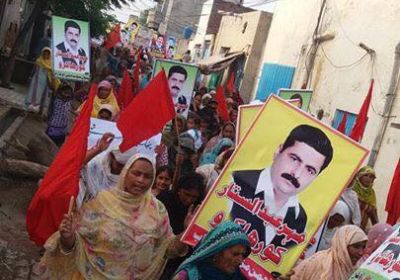

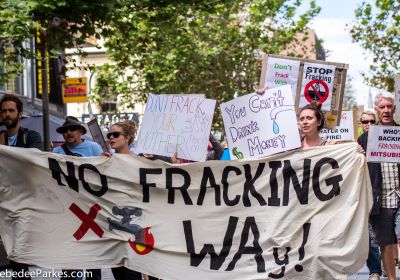
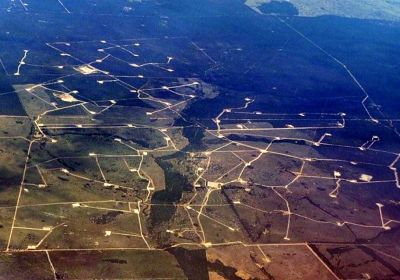
The Western Downs Alliance has started legal proceedings to challenge federal environment minister Greg Hunt's approval of 6100 coal seam gas wells in Queensland. The Santos GLNG Gas Field Development Expansion covers almost 1 million hectares of land, from Roma east to Taroom and Wandoan, and north towards Rolleston.
 “When one farmer kills themselves you can call it suicide. But when a quarter of a million farmers kill themselves, how can the government call it suicide? It is genocide. These farmers are being killed by design.”
So opens Cotton For My Shroud, a documentary about embattled Indian farmers and the assault on traditional rural agricultural life waged by Monsanto and the political class in its pockets.
“When one farmer kills themselves you can call it suicide. But when a quarter of a million farmers kill themselves, how can the government call it suicide? It is genocide. These farmers are being killed by design.”
So opens Cotton For My Shroud, a documentary about embattled Indian farmers and the assault on traditional rural agricultural life waged by Monsanto and the political class in its pockets.
 Ian Angus at global launch of ‘Facing the Anthropocene: Fossil Capitalism and the Crisis of the Earth System’. Sydney, May 13.
Ian Angus at global launch of ‘Facing the Anthropocene: Fossil Capitalism and the Crisis of the Earth System’. Sydney, May 13.